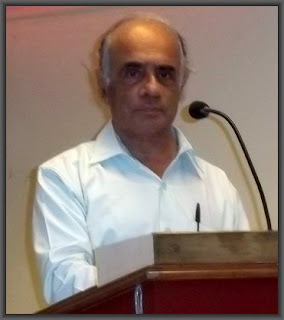A new model for scientific publication
In an article titled "Post-publication peer review: opening up scientific conversation", the inventors of and original advocates for open access now propose a radically new model of “publish first and then referee openly later” system. Faculty of 1000 ( F1000 London) where the author of this article belongs to, its remit is to work with named experts to identify and recommend the most interesting papers published across different subject areas in biology and medicine. Quoting the article, "Open access removes barriers for readers. Open, post-publication refereeing removes barriers for readers and authors alike, and it refocuses the role of peer review from, at its worst, a behind-the-scenes variety of censorship to, at its best, the process of expert criticism and advice that has always been its core and upon which the progress of science depends". What I liked most about the proposed model is its
